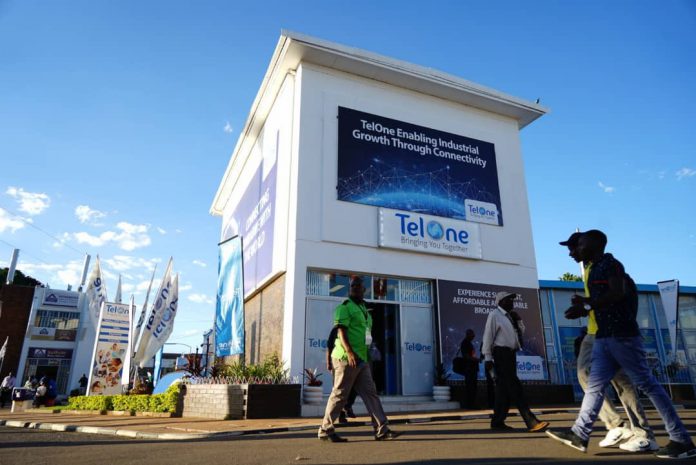Fibre connectivity for local authorities

THE Commonwealth Local Government Forum (CLGF) has committed to providing fibre connectivity to all local governments as the nation shifts to smart cities.
The development follows the recent unveiling of the Local Authority Digital System by CLGF and the Local Government Ministry, which is required to enhance local government entities’ operational and financial management.
A smart city, according to Twi-global.com, uses information and communication technology to improve operational efficiency, share information with the public, and provide an increased level of government service and citizen welfare. A smart city’s main objective is to strengthen city functions and promote economic growth while also improving citizens’ quality of life through innovative technologies and data analysis.
At a recent tour of TelOne’s Call Centre, Data Centre and the National Operations Centre, Harare Provincial coordinator Tafadzwa Muguti said their smart drive has received the able backing of the CLGF.
“One of the tasks on the Chairperson’s desk and the committees is to understand the fibre connectivity within the local authority, and gone are the days when we say there’s no internet as a local authority. We are in the era of devolution. We cannot devolve central governments or local governments if we do not have connectivity,” said Muguti.
“Fortunately, we have had extensive discussions with CLGF, and Commonwealth has said that ‘tell us what is needed to put high-speed fibre connectivity into all the local authorities, so you are not going to hear us saying that we don’t have money to put fibre because the European Union is here saying they want to put fibre in our local authorities.”
The PDC said the country could not achieve smart city status if it does not have internet connectivity.
“Smart cities concept is leveraged on how you manage the deployment of your services effectively. Suppose you go to China, America, UK, or everywhere you go. In that case, technology is behind the concept of smart cities…through technology, we are going to know which streets have got garbage to be collected, which water pipes are burst, and through technology, we are going to know which services are not being done correctly,” he said.
“As the Province, we want to improve the quality of service Harare Institute of Technology is going to be installing the local authority digital technology system for the City of Harare, Chitungwiza and Ruwa. HIT will assist in the transfer of servers where the existing servers will be relocated into the TelOne data centre. That way, we are assured that there’s no manipulation of data. We are going to be assured that the services are going to be online all the time.
“Apart from that, there’s also the aspect that you have all seen that there is enough capacity for TelOne to give us all convergence currently there is this big problem where Central government and local authorities and the third tier of government we are all using Gmail, yahoo all of us but yet we have got enough space to host our emails by ourselves, so we cannot be a smart nation if we are not going to host even an email in our country. We are assuring you that we have picked a competent committee of councillors who are going to make sure that.”
Muguti added that his province would go ahead with plans to install cameras on traffic lights as part of the drive to build smart cities.
“There was an attempt to put cameras on traffic lights by the Harare City, HIT and Telone. We can see that we have so much excess internet connectivity nothing stops us from having something similar when we are now seeing the traffic in Harare. The next thing is that we are going to start investigating trials on how we can expand and nothing stops us from having traffic lights in the middle of Chitungwiza but with cameras as well,” he said.
“We want the whole of our CBD to have lights and cameras. These are some of the projects we would like to complete to ensure that we are a smart city. It becomes very simple monitoring to see that there’s litter there. It will also be very easy for the Zimbabwe Republic Police to see those people who go through red traffic lights and then be able to automatically send the bill to the offenders.”






